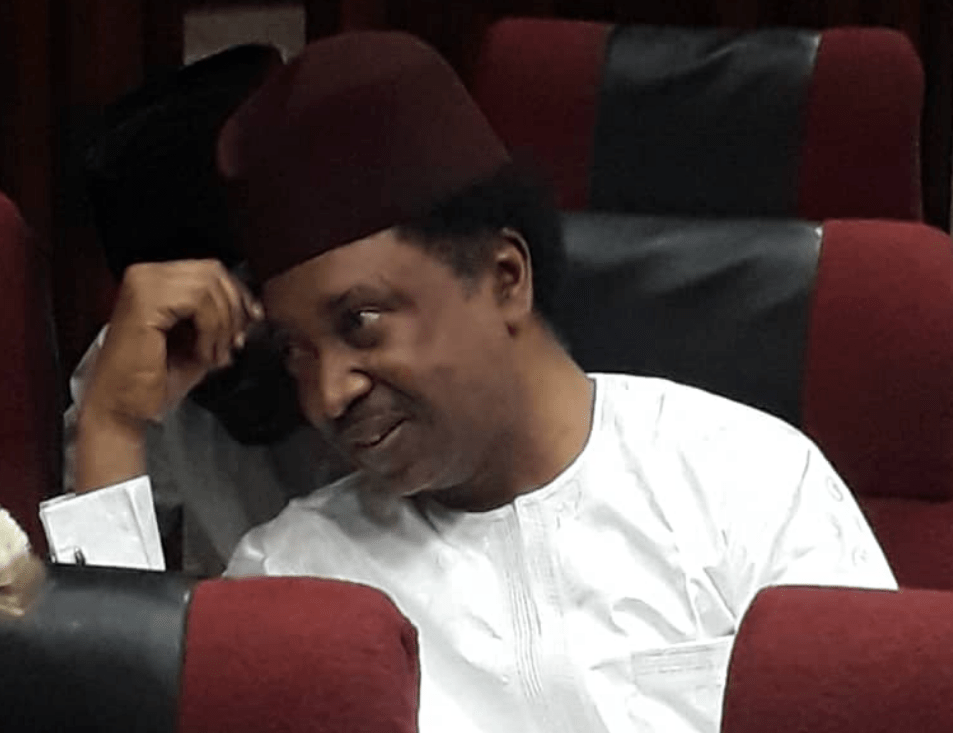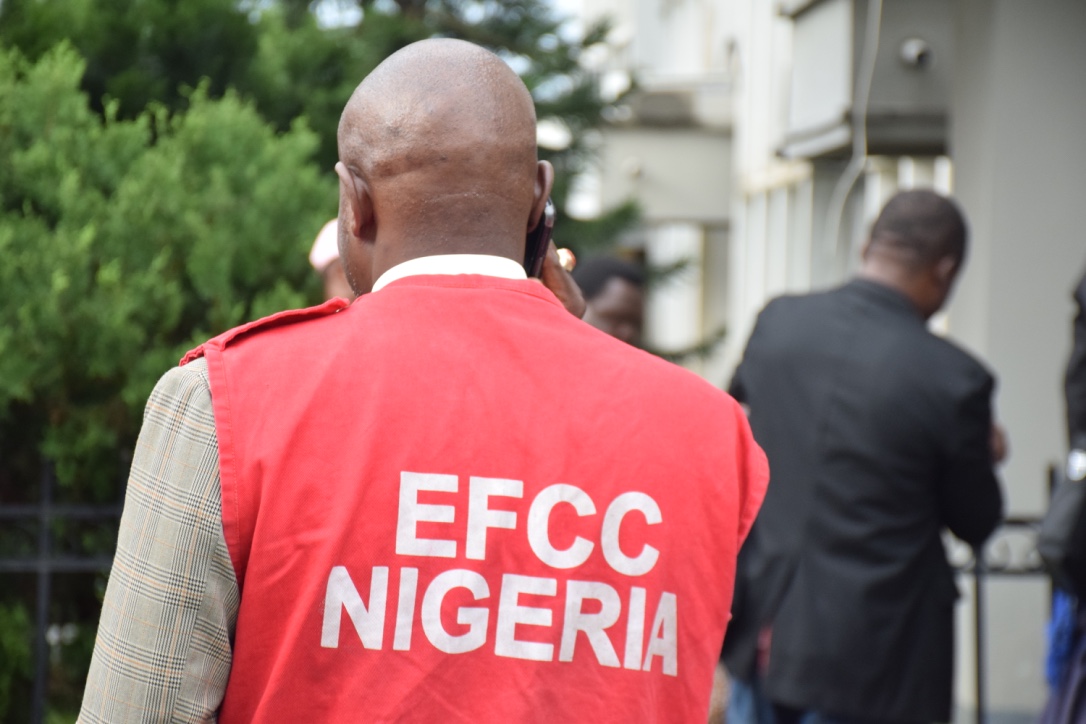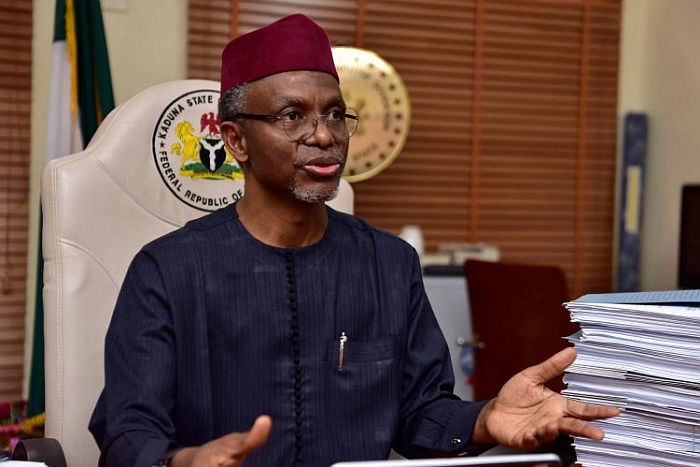The Economic and Financial Crimes Commission (EFCC ) has failed to produce evidence in its alleged bribery case against Shehu Sani, the senator who represented Kaduna central between 2015 and 2019.
When the case was called on Thursday, Abba Mohammed, counsel to the EFCC, told the court that the material evidence they planned to rely on is not available.
He said the cash (the bribe sum) was in custody of the Central Bank of Nigeria ( CBN ) for safekeeping.
Mohammed said the commission had abolished the practice of keeping monetary exhibits retrieved because of safety.
Advertisement
He, therefore, urged the court to grant an adjournment to enable the commission to retrieve the evidence from the central bank.
Iyang Ekwo, the presiding judge, obliged the prosecution’s request and adjourned the matter till October 19, 2020.
Speaking with journalists after the court session, Pelumi Olajengbesi, defence counsel, wondered why the EFCC was unable to produce material evidence against his client.
Advertisement
“The business of criminal trial is not an ordinary football game that you can just pass it to yourself the way you like,” he said.
“The prosecution needs to get themselves more organised. You do not just come to court and say that the material evidence you need to present to court is not available.
“It shows that they are not serious, they are running from pillar to post to look for an excuse to nail this man who has live a decent life.
“It also shows that EFCC is not a serious organisation but a political arm of few people who believe that they can control things from the corridor of power.”
Advertisement
Sani is being prosecuted by the EFCC on a two-count charge of bribery.
He was arrested and detained by the commission for 30 days before he was eventually arraigned and granted bail by a federal high court.
According to the charges, the former senator allegedly collected $15,000 from one Sani Dauda under false pretence on November 20, 2019, promising to give Ibrahim Muhammad, chief justice of Nigeria (CJN), in order to influence some pending cases in court.
Advertisement
Add a comment






